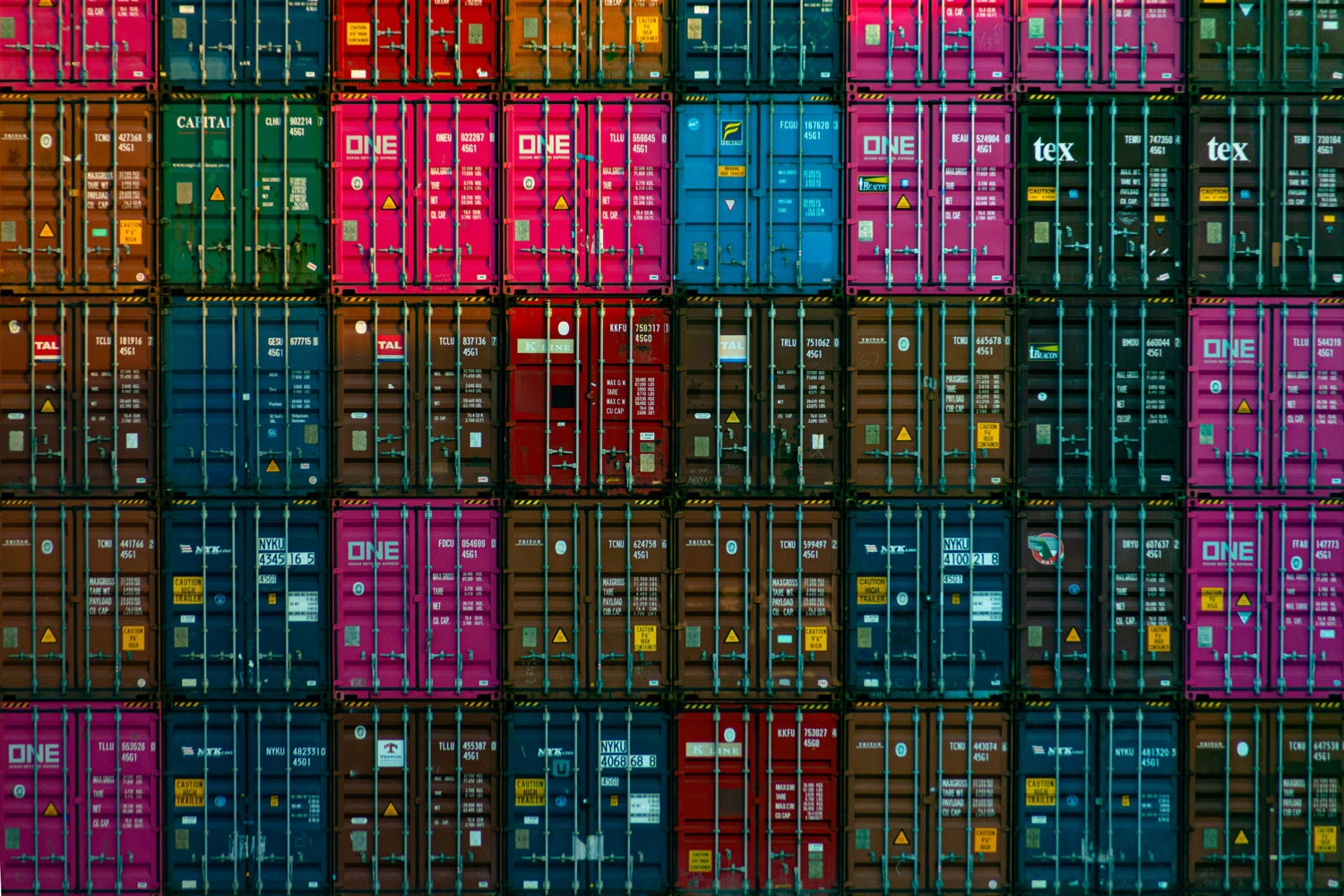Elon Musk Slams Navarro as Trade Tariff Clash Escalates Publicly
The ongoing dispute over international trade and tariffs in the United States just took another unexpected turn. Elon Musk, the billionaire entrepreneur and CEO of Tesla and SpaceX, has openly criticized former Trump administration trade advisor Peter Navarro, igniting a fiery public spat. In military strategy, when two giants openly clash, ripple effects are undeniable. And in today’s economy, a verbal showdown between business leaders and policymakers sparks interest and implications on global markets alike.
This blog explores the escalating nature of Musk’s accusations, Navarro’s responses, and most importantly—what the escalating friction means for international trade, economic policy, and businesses involved. Here’s what transpired, why this feud matters, and how the ongoing tariff battle may shape the future.
The Origins of the Musk-Navarro Clash
Elon Musk’s criticism stemmed from recent statements made by Navarro, an influential advisor known for his protectionist trade stance during his tenure in the Trump administration. Navarro strongly advocates higher tariffs against China and other global players to strengthen domestic manufacturing and shield American jobs.
Musk, whose global interests span automotive production, technology, and sustainable energy, sharply disagreed with Navarro’s stance.
Frustrated by Navarro’s advocacy for continued punitive tariffs against China, Musk publicly referred to Navarro as a “moron”—a strong comment reflecting Musk’s irritation about trade policies he regards as harmful to innovation, competition, and U.S. global competitiveness.
What Led Elon Musk to Publicly Criticize Navarro?
- High Automotive Component Costs: Musk has frequently raised concerns about increased production costs brought about by trade wars and tariffs. Tesla relies heavily on components sourced globally; higher tariffs directly impact its operating expenses and pricing strategies.
- Supply Chain Disruptions: Musk maintains that supply chain efficiency is crucial to maintaining product quality, affordability, and scaling capacity. High tariffs disrupt global supply chains, raising expenses and delaying innovation and expansion.
- Stifled Innovation: Musk argues that Navarro-style tariffs indirectly stunt innovation by making resources more expensive and limiting potential partnerships with global tech entities and manufacturers.
Navarro’s Response: Defending the Tariff Approach
This clash wasn’t one-sided. Navarro quickly defended himself, accusing Musk of pursuing profits at the expense of national economic security. Navarro maintains that tough tariffs represent necessary tools for promoting domestic manufacturing, reducing dependency on foreign entities, and boosting innovation within national borders.
Navarro pointedly accused Musk and similar business figures of prioritizing short-term commercial gains over America’s broader economic interests and security concerns related to dependency on foreign imports.
Navarro’s Core Argument Backing Tariffs:
- Protecting U.S. Jobs: Navarro argues tariffs prevent outsourcing and safeguard labor wages by reducing potentially underpriced foreign competition.
- National Security Concerns: He emphasizes the broader strategic concerns, stating tariffs help the U.S. avoid dependence on rival economies, notably China.
- Economic Independence: Navarro believes tariffs promote self-reliance and strengthen America’s position in international negotiations and economics.
Impact of the Musk-Navarro Dispute on Business Confidence
This highly public conflict understandably caught significant market attention. Investors are wary of prolonged trade instability, withdrawal of supply chains, volatile geopolitics, and escalated tensions between business leaders and political figures. Experts suggest uncertainty around tariff policies and a strained public dialogue between business and policy authorities can negatively impact investor confidence both domestically and abroad.
Short-Term Market Impact
- Volatility Increase: Immediate instability in stocks, especially in tech, automotive, supply chain industries.
- Business Planning Uncertainty: Companies seeking a stable environment for capital investment and employment may become reluctant to expand and innovate due to uncertain trade policies.
Long-Term Economic Implications
- Damaged International Relationships: Increased friction internationally may negatively impact U.S advancement chances in global trade negotiations and alliances.
- Costly Tariff Wars: Continued tariff battles raise systemic expenses that trickle down to American consumers, potentially leading to rising inflation.
- U.S Global Competitiveness: Analysts warn high-tariff regimes could sacrifice American technological competitiveness, innovation leadership, and global market access.





